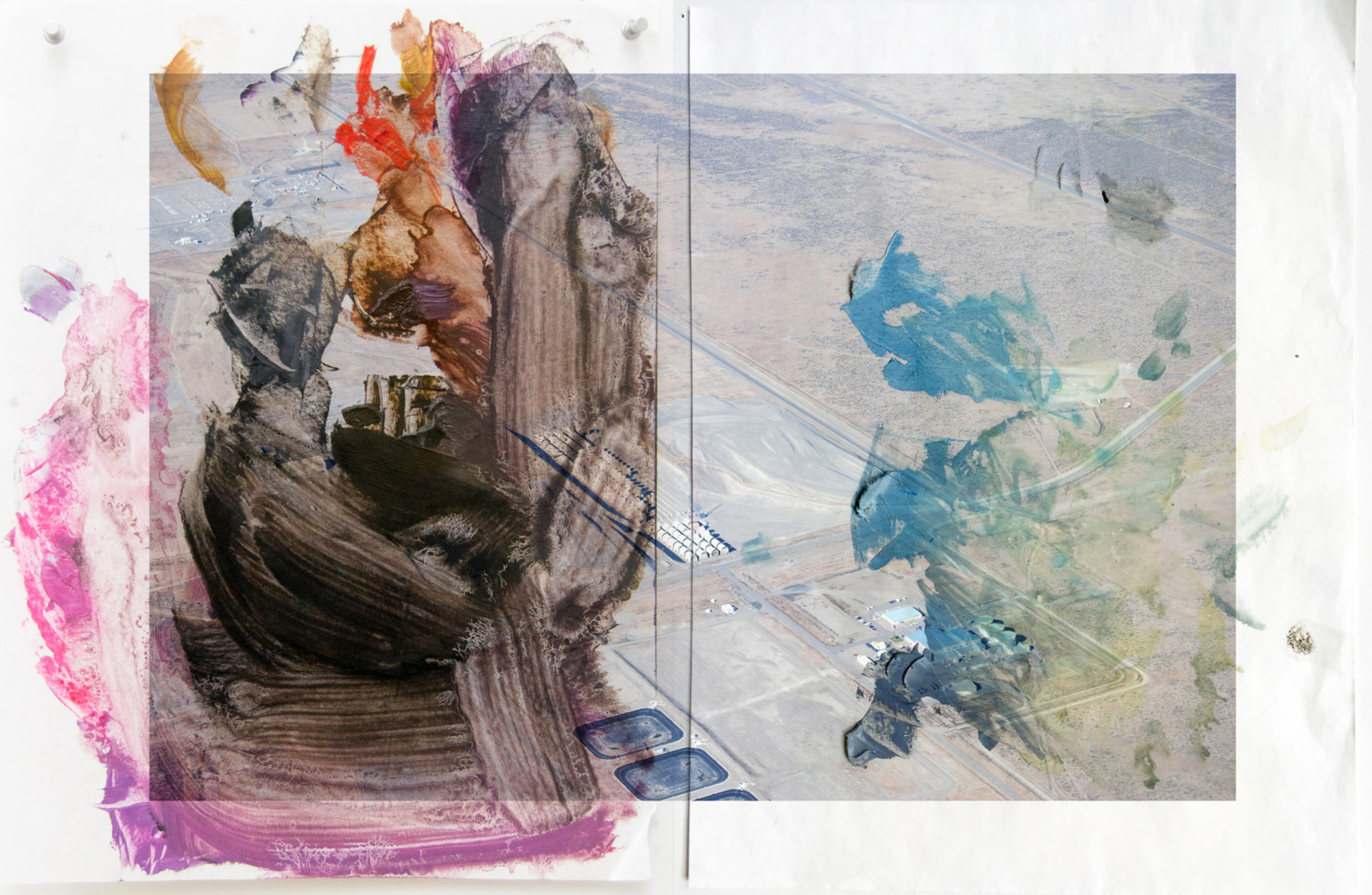by Ellen Spero
non-fiction
White sugar. Cocoa. Almonds. This is what my great-grandmother demanded be sent to her in Krakow by her daughter-in-law, living in the United States. The daughter-in-law, my great aunt, was horrified at the extravagance of the list. She should want the basics: flour, powdered milk, maybe a packet of dry yeast. Make a practical loaf of bread.
But Regina (that was her name, Queen that she was) would not have that. After the years of war and scarcity, she wanted cake. A real cake, rich chocolate, decorated with slivered almonds. It was her birthday, and she had survived a war as a nanny, a maid, a cook—serving others who could afford such luxuries. This was her day.
I met her once in person and never forgot. I was three years old. I traveled with my mother across the sea to Israel to meet the matriarch—all 4 feet, 11 inches of her, crippled by a dislocated hip, and fierce with her silver, shaggy eyebrows. I was terrified and fascinated by this woman who had driven her daughter, my grandmother, to distraction by her refusal to take danger or life too seriously. She hitched rides home after curfew from the Gestapo. She smuggled money and jewelry sewn into the hem of her skirts through SS checkpoints, just to see if she could get away with it. She told off-color jokes and smoked cigars. She expected—and received–roses and strawberries for her birthday each January. From where, God only knows.
I should not have been surprised that she defied death to come comfort me one January day, decades later. Well, more accurately, to tell me what to do. I made the mistake of listening to people who thought they knew what was best for me and went to the Holocaust Museum in Washington, D.C. It was a house of horrors. I wondered if the emaciated faces staring blankly from the pictures were great aunts or uncles, cousins once or twice removed. The only way out was all the way through so I had to keep turning through the spiral of exhibits—science experiments; piles of shoes; the records of names, with the little colored triangles: pink, red, purple, black. And of course, yellow stars. The bureaucracy of genocide. I literally took off, leaving my companions behind so I could get out as fast as possible.
Speeding through the spiral, I had to go through a cattle car. My grandfather had been put in one after his capture in Warsaw. He took his life there before its arrival at Belzec. It stopped me cold. Time spiraled and crashed in on itself and me. I was smothered. Malevolence entered me and emptied my spirit. It held me captive in a thick stillness I had not known before or since.
Then Regina was there, a light cape between me and the smothering. I would know her presence anywhere. I gathered myself back up. “Don’t be afraid to have a child,” she told me firmly as I prepared to step out of the cattle car. I was caught off-guard. Nine years I had struggled with infertility. How could I be afraid of something I longed for? Of all places for an annunciation. But she was right. I was afraid somewhere so deep inside I didn’t even know. Okay, I said. I handed my fear, whatever it was, over to her in the stillness. Two months later, I was pregnant.
We live in troubling, troubling times. While not yet the worst that has ever been, I do not underestimate the harm that is being done. I don’t know how to carry Regina’s courage across time and death. But I do know how to make white sugar, cocoa and almonds into a sweet delight. In spite of everything, there will be cake.
•
Ellen Spero currently serve as the parish minister at First Parish Unitarian Universalist Church in Chelmsford, Massachusetts, where she has been since 2002. She lives in Acton, Massachusetts with her husband and two sons. She love to bake as a form of spiritual practice and prayer, definitely inherited from her great-grandmother!
